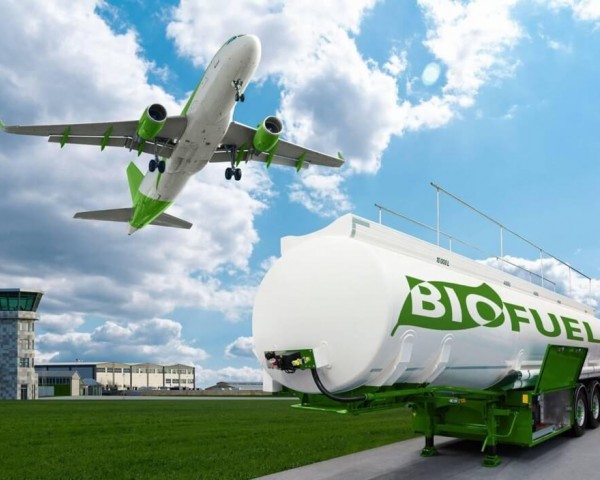The European Parliament and the Council reached a political agreement on the ReFuelEU Aviation proposal on the night of 25-26 April 2023. New rules aimed at decarbonizing the aviation sector will be put in place, requiring suppliers to blend a sustainable proportion of used fuels.
Europe has reached an agreement between the European Parliament and the Council on the ReFuelEU Aviation proposal.
The new rules aim to force air operators to blend sustainable aviation fuels (“SAF”) with kerosene “in increasing quantities from 2025”.
They will require “aviation fuel suppliers to provide a minimum share of sustainable aviation fuels at EU airports, starting from 2% of the total fuel supplied by 2025 and rising to 70% by 2050”.
The EU’s new aviation fuel blend will have to contain a minimum share of synthetic fuels.
“This measure alone is expected to reduce CO2 emissions by about two-thirds by 2050, compared to a scenario where no action is taken, and to generate climate and air quality benefits through lower CO2 emissions,” the European Commission stated in a statement.
In addition, operators of aircraft departing from EU airports will be required to refuel aircraft only with the fuel needed for the flight, in order to avoid emissions related to overweight or carbon leakage resulting from “over-carrying” practices (carrying excess fuel to avoid refueling with sustainable aviation fuels).
In turn, airport operators will have to ensure that their refueling infrastructure is available and suitable for the distribution of sustainable aviation fuels.
“The blending obligation covers biofuels, recycled carbon fuels and synthetic aviation fuels in line with the Renewable Energy Directive, but excludes biofuels produced from food or feed crops, thus supporting sustainability objectives,” states the Commission.
As it will apply throughout the EU, the new requirement will ensure a level playing field in the EU’s internal market, provide legal certainty for fuel producers and help boost large-scale production across the continent.
It will also enhance the EU’s energy security by reducing dependence on energy products from other countries and creating thousands of new jobs in the energy sector.
EU airlines will have access to increasing quantities of sustainable aviation fuels throughout the EU.
The political agreement that has been reached must still be formally adopted by the Parliament and the Council. Once this process is complete, the new legislation will be published in the Official Journal of the European Union and will enter into force with immediate effect.




